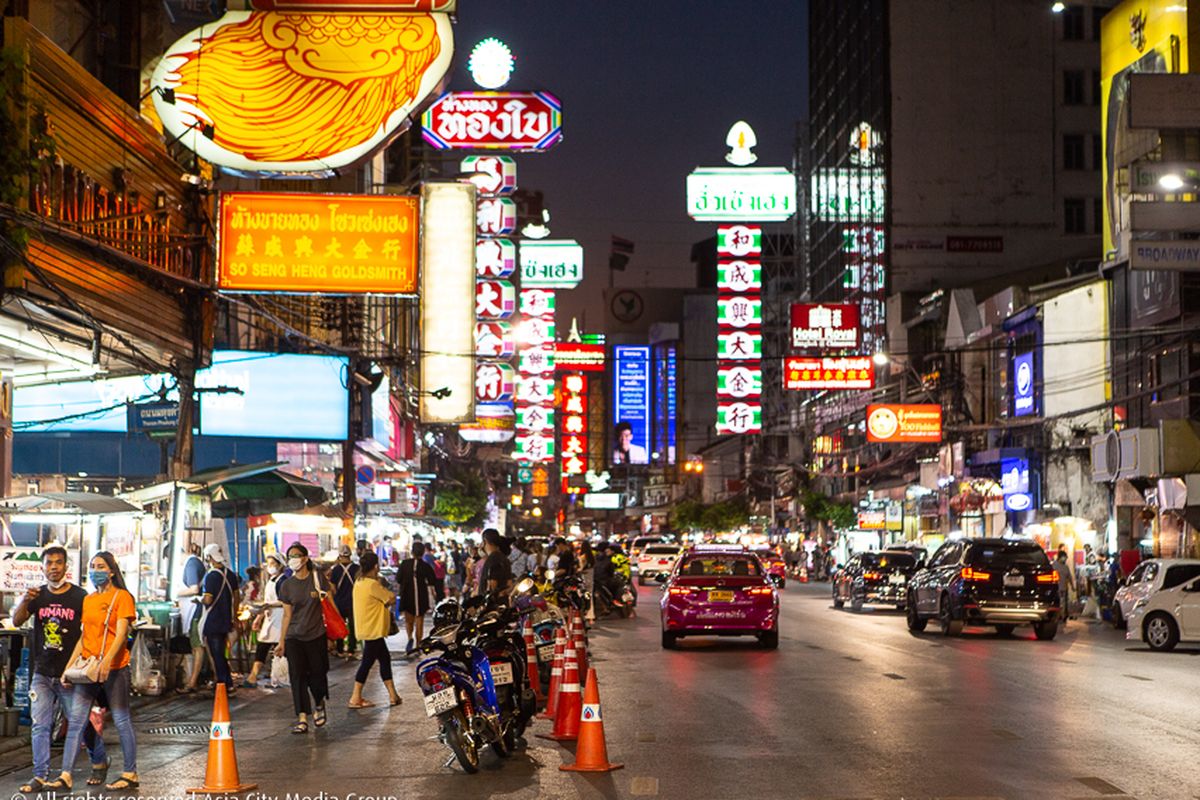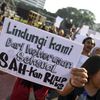Royal Thai Police to Boost Human Trafficking Training

Unlike trafficking, which involves deception or control over another person for the purpose of exploitation, smuggling means entering another country illegally and is considered consensual.
Wipawadee Panyangnoi, a researcher focused on migration, said officials rushed decisions about whether someone was a trafficking victim, with little concern for their mental health.
"Police don't have the expertise to talk to those under distress ... victims should be given time (to recover)," said Wipawadee, a research fellow at Chulalongkorn University.
While a multi-disciplinary team that includes social workers and non-governmental organizations are tasked to interview and assess the physical and mental health of potential victims, police play a leading role in victim identification.
Jaruvat said police had a "victim-centered approach" but acknowledged that some officials needed a change in attitude.
"Some police, prosecutors and judges see human trafficking as a normal crime," he said.
"They don't see it as a violation of human dignity and that wrongdoers must be severely punished."
(Writer: Nanchanok Wongsamuth, Thomson Reuters Foundation | Editor: Kieran Guilbert)
Simak breaking news dan berita pilihan kami langsung di ponselmu. Pilih saluran andalanmu akses berita Kompas.com WhatsApp Channel : https://www.whatsapp.com/channel/0029VaFPbedBPzjZrk13HO3D. Pastikan kamu sudah install aplikasi WhatsApp ya.

































